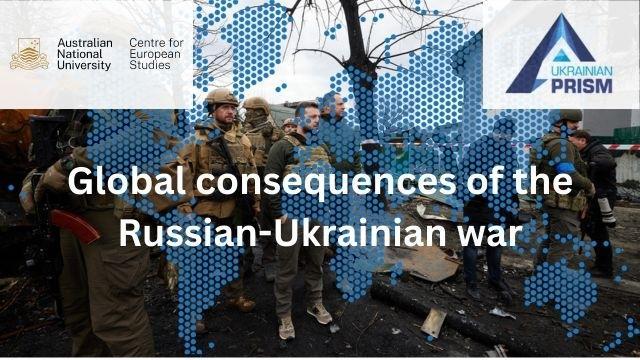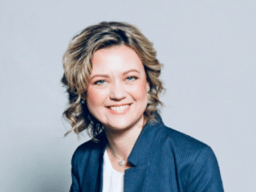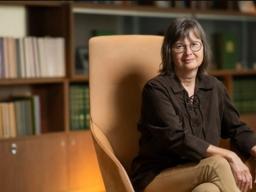
With Russia likely to constitute a major threat to European nations in the decades ahead, its aggression against Ukraine has far-reaching consequences that have global implications. Within two years of the war, the international security order, as we knew it, changed its configurations, ruined arrangements, altered the roles of the main powers and created unexpected alliances. This situation brings both lessons to learn and new challenges to other regions around the world, first of all, Asia-Pacific and Transatlantic. Main consequences, trends and implications, as well as the possibility of joint actions, will be discussed during the roundtable.
This roundtable is organised jointly by the Centre for European Studies at the Australian National University and Foreign Policy Council “Ukrainian Prism”. “Ukrainian Prism” is a leading Ukrainian nongovernmental, bipartisan think-tank with robust expertise on foreign and security policy (http://prismua.org/en/). PrismUA consists of 10 study programs covering all functional and geographical directions of Ukrainian foreign policy. Annually, the expert team produces a unique and comprehensive assessment of Ukrainian foreign policy under the authentic methodology. The event is organised with the support of the International Renaissance Foundation.
Program:
16:00 Welcome
- Anne McNaughton, Director of the ANU Centre for European Studies
- H.E. Vasyl Myroshnychenko, Ambassador of Ukraine to Australia (TBC)
- Hennadiy Maksak, Executive Director, Foreign Policy Council “Ukrainian Prism”
16:15 – 18:00
Chair: Dr Katarzyna K Williams, Deputy Director, ANU Centre for European Studies
Discussion topics:
- Consequences of the Russian-Ukrainian war to the global security balance and order
- New challenges to the Asia-Pacific and Transatlantic security
- Unexpected alliance and future implications
Speakers:
- Dr Hanna Shelest, Foreign Policy Council “Ukrainian Prism”
- Dr Yevgenia Gaber, Atlantic Council in Turkey
- Dr Sonia Mycak, ANU Centre for European Studies
Location
Speakers
Contact
Image Gallery
File attachments
| Attachment | Size |
|---|---|
| Bio-Prism_and_speakers.pdf(709.78 KB) | 709.78 KB |


